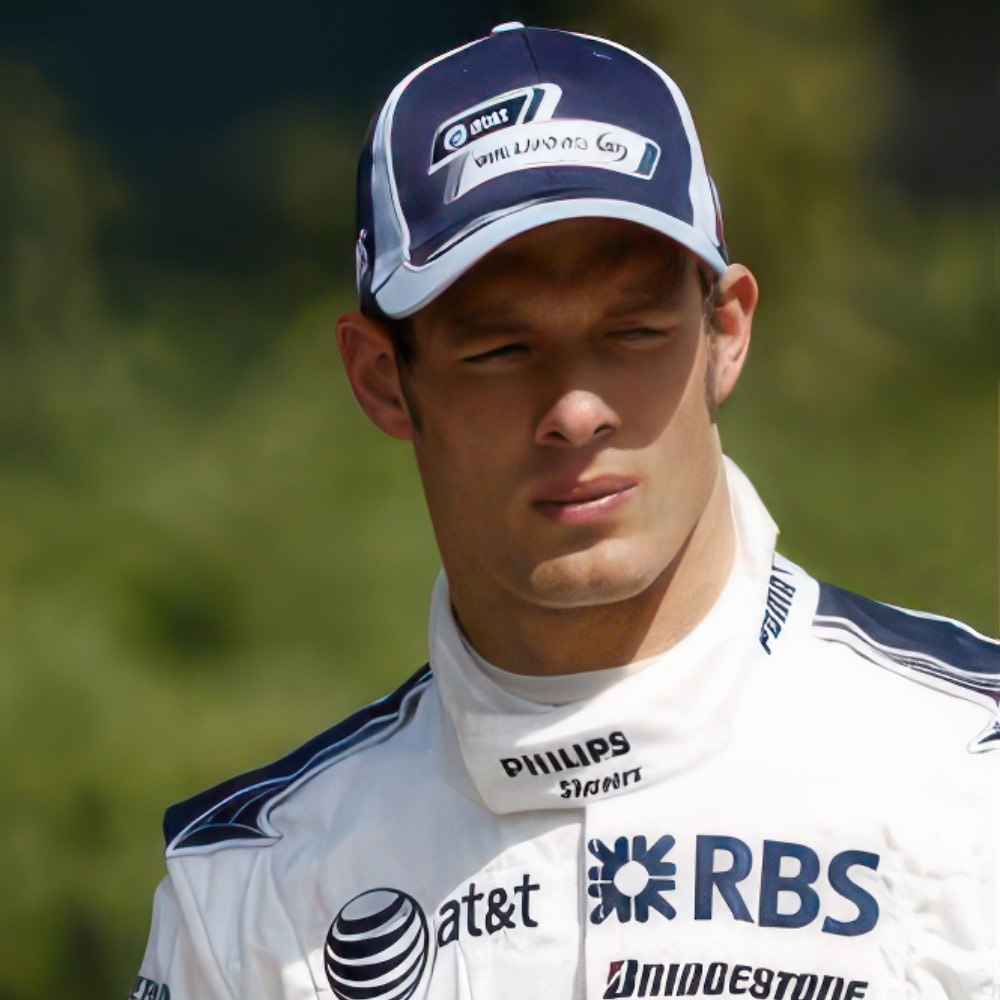
Alexander Wurz
Career Statistics
Biography
Alexander Georg Wurz (February 15, 1974 - Present): An Austrian racing driver whose Formula One career as a reliable midfielder was overshadowed by his exceptional success in endurance racing, where he became a two-time Le Mans winner and established himself as one of the greatest sports car drivers of his generation. Born on February 15, 1974, in Waidhofen an der Thaya in Lower Austria, Wurz is the second son of Franz Wurz, a former rallycross driver who won the European Rallycross Championship in 1974, 1976, and 1982, giving Alexander a motorsport pedigree and understanding of racing from an early age. Wurz's path to motorsport success began in endurance racing rather than single-seaters. In 1996, while still establishing his career, Wurz achieved one of motorsport's greatest accomplishments by winning the 24 Hours of Le Mans.
Driving for Joest Racing alongside Davy Jones and Manuel Reuter in a TWR Porsche WSC-95, the 22-year-old Wurz became the youngest-ever winner of the legendary race, a record he still holds. This stunning achievement at such a young age marked him as an exceptional talent in endurance racing. His Formula One opportunity came on June 15, 1997, when he made his Grand Prix debut at Montreal for Benetton, substituting for fellow Austrian Gerhard Berger who was unable to race due to illness. Remarkably, in just his third Formula One race at the 1997 British Grand Prix at Silverstone, Wurz achieved a podium finish, demonstrating immediate competitiveness at the highest level.
This early success suggested a bright Formula One future. However, across six seasons with Benetton, McLaren, and Williams, Wurz competed in 69 Grands Prix and achieved three podiums but never won a race. He established himself as a solid, reliable midfielder—fast enough to score points regularly, technically proficient, and respected by teams for his engineering feedback, but never quite able to break through to victory. On October 8, 2007, Wurz announced his immediate retirement from Formula One, making the difficult decision to step away from the sport.
His Formula One career had been respectable but not spectacular, leaving many wondering if his talents were better suited to other forms of racing. Wurz's post-Formula One career validated this theory spectacularly. He returned to endurance racing, where he had first made his name, and in 2009 won the 24 Hours of Le Mans for the second time, driving for Peugeot alongside Tom Kristensen and Rinaldo Capello. The 13-year gap between Wurz's Le Mans victories remains the largest in the event's history, a remarkable statistical achievement demonstrating his sustained competitiveness across more than a decade.
Beyond his two Le Mans victories, Wurz achieved considerable success in the American Le Mans Series, winning multiple championships and taking four overall victories at the 12 Hours of Sebring in 2004, 2006, 2009, and 2012, establishing himself as a dominant force in North American endurance racing. His success racing for Audi in sports cars brought him widespread recognition as one of the world's elite endurance drivers. Beyond driving, Wurz has made significant contributions to motorsport governance and safety. He has served as Chairman of the Grand Prix Drivers' Association (GPDA) since October 2014, making him the longest-serving head in the organization's history.
In this role, he has advocated for driver safety, working conditions, and professional standards, using his experience to improve conditions for current Formula One drivers. In 2006, Wurz and his father founded Test and Training International, a company specializing in road safety and driver training. The company has become a leader in its field, using racing expertise to improve everyday driving safety. Wurz has also worked as an expert commentator for Austria's state broadcaster ORF, providing Formula One analysis alongside Ernst Hausleitner and helping Austrian audiences understand the sport.
Alexander Wurz's legacy rests not on his solid but unspectacular Formula One career, but on his extraordinary endurance racing achievements, his long-term commitment to driver safety through the GPDA, and his successful road safety business. His two Le Mans victories separated by 13 years remain one of motorsport's most impressive long-term achievements.